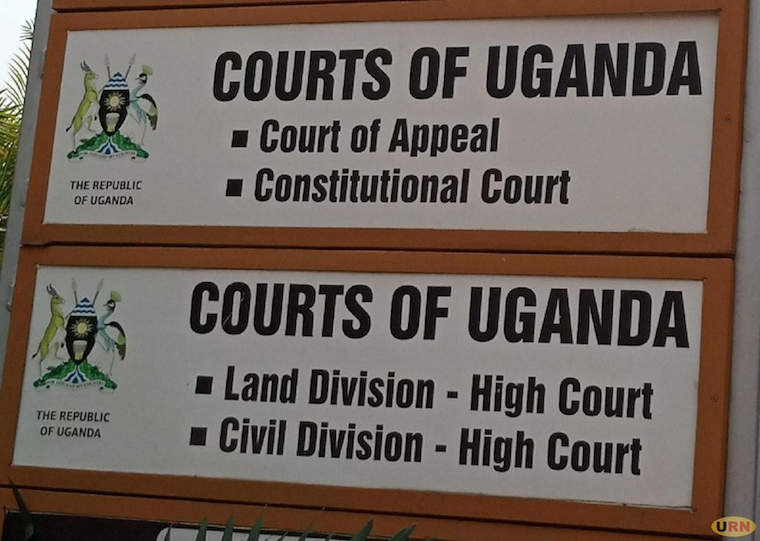Five Justices of the Constitutional Court have unanimously thrown out section 25 of the controversial law, Computer Misuse Act 11 that criminalizes offensive communication.
Led by Deputy Chief Justice, Richard Buteera, the justices including Kenneth Kakuru, Geoffrey Kiryabwire, Elizabeth Musoke and Monica Mugenyi agreed with the petitioners that section 25 of the Computer Misuse is overly broad and unconstitutional to determine an offense committed.
They also contend that the law violates on Article 29 of the constitution that gives one the right to freedom of expression. Its enforcement has been stopped with immediate effect.
Section 25 of the Computer Misuse Act 2011, declares it an offence for any person to ‘willfully and repeatedly use electronic communication to disturb the peace or right of privacy of any person with no purpose of legitimate communication’.
The court ruled in favour of two petitioners including exiled Andrew Karamagi and Robert Shaka. In their petition, they argued that the section is inconsistent and ambiguous and contravenes of Article 29(1) of the constitution, which guarantees the enjoyment of freedom of expression.
Human Right’s lawyer Eron Kiiza, said the notorious sections of the law have led to the exile of his client Karamaji and woman rights’ activist Stella Nyanzi, in addition to threatening the rights of many Ugandans who use computers to communicate.
“Am very happy that all judges of the court agree the law was unconstitutional.” He says
Dr Stella Nyanzi, a former Makerere University researcher was on s two separate over the Computer Misuse Act. All charges were related to allegedly abusing President Museveni or the first lady Janet Museveni using poems on Facebook posts.
Also Petitioner Shaka was in 2015 arraigned before the Buganda Road Chief Magistrate’s court and charged with frequently using a computer to disturb Museveni’s privacy.
The Director of Public Prosecutions (DPP) claimed that he violated Museveni’s privacy by posting statements regarding the president’s health condition on face book, a charge he vehemently denied.
The state was convinced that Shaka was the same person as Tom Voltaire Okwalinga (TVO), a popular but elusive blogger. For a number of years, TVO who is wanted by Uganda’s security agencies, had startled the ruling NRM party via posting exclusive information on his Facebook page.
The law has been on Uganda’s statute books since 2011.




